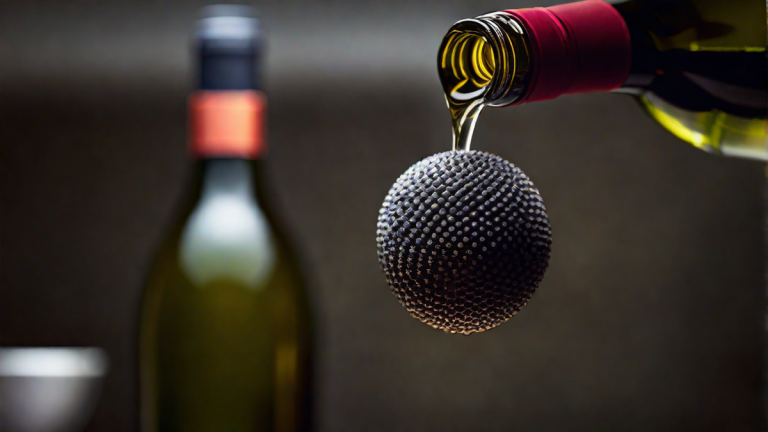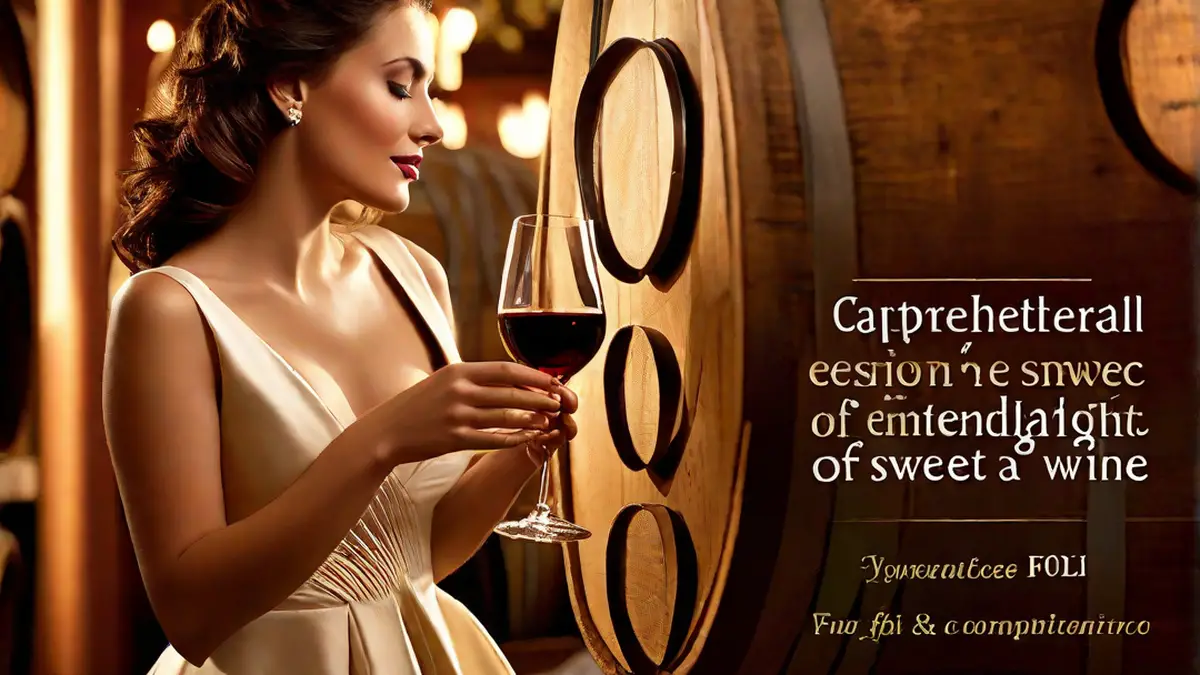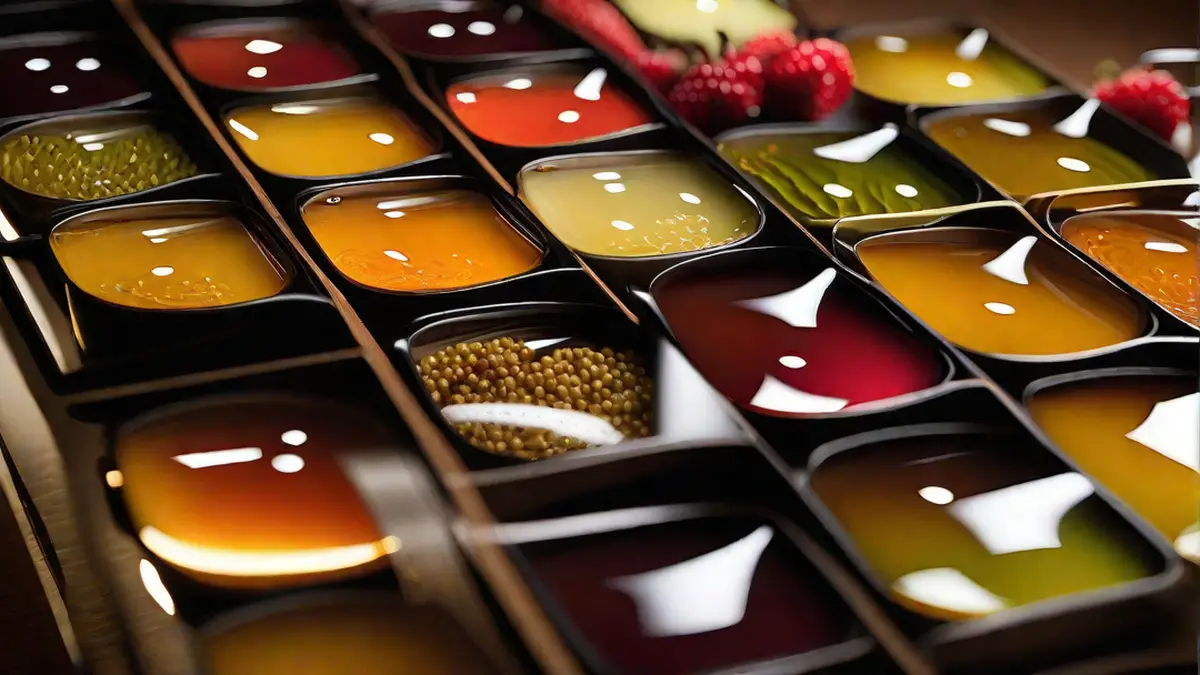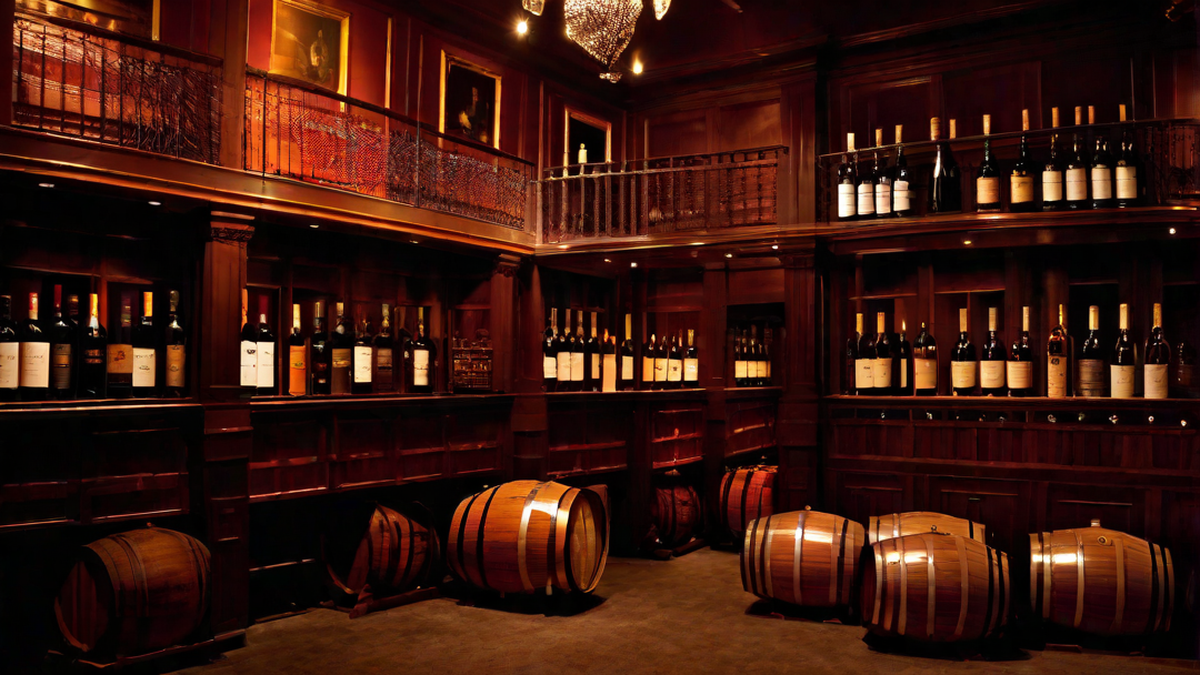I have always been captivated by the complex process of wine fermentation and how it is carefully controlled to produce unique flavors and aromas. A vital element in this process is the wine fermentation stopper, which is essential in regulating the fermentation and upholding the excellence of the wine.
Understanding Wine Fermentation
Before we delve into the importance of the fermentation stopper, let’s briefly go over the basics of wine fermentation. During fermentation, yeast consumes the sugar in the grape juice and converts it into alcohol, carbon dioxide, and heat. This process is what gives wine its alcoholic content and unique characteristics.
However, fermentation is a delicate process that can be easily influenced by external factors such as temperature, oxygen exposure, and microbial activity. Controlling these factors is crucial to ensure the wine develops desirable flavors and does not spoil.
The Role of the Fermentation Stopper
The fermentation stopper plays a critical role in controlling the fermentation process by preventing exposure to oxygen and unwanted microbial activity. It creates a barrier between the wine and the outside environment, ensuring that only the desired flavors and aromas develop.
There are several types of fermentation stoppers available, each with its own advantages and disadvantages. The most common types include:
- Traditional Cork Stoppers: Cork has been the traditional choice for wine stoppers for centuries. It allows a small amount of oxygen to interact with the wine, which can help with the aging process. However, it also carries a risk of cork taint, which can spoil the wine.
- Synthetic Stoppers: Synthetic stoppers are made from materials like plastic or rubber. They provide a tight seal and greatly reduce the risk of cork taint. However, they do not allow any oxygen exchange, which may affect the wine’s aging potential.
- Screw Caps: Screw caps have gained popularity in recent years due to their convenience and ability to provide an airtight seal. They are commonly used for wines that are meant to be consumed while young and fresh.
Each type of stopper has its own advantages and trade-offs, and winemakers often choose based on their desired style of wine and aging potential. It’s important to note that the choice of stopper can greatly influence the overall quality and longevity of the wine.
My Personal Thoughts
As a wine enthusiast, I appreciate the art and science behind winemaking. The choice of fermentation stopper is just one of the many decisions that winemakers have to make, and it can have a significant impact on the final product.
Personally, I enjoy wines that have been aged in traditional cork stoppers. I love the subtle hints of oxidation and complexity that they can bring to the wine. However, I also appreciate the convenience of screw caps, especially for wines that are meant to be enjoyed in their youth.
Ultimately, the choice of fermentation stopper is a subjective one, and there is no right or wrong answer. It’s a matter of personal preference and the desired characteristics of the wine.
Conclusion
The wine fermentation stopper is a crucial component in the winemaking process. It helps control the fermentation and preserve the quality of the wine by preventing oxygen exposure and unwanted microbial activity. Whether it’s a traditional cork stopper, a synthetic stopper, or a screw cap, the choice of stopper can greatly influence the overall character and aging potential of the wine. As a wine lover, I appreciate the variety of stoppers available and the unique qualities they bring to the wines I enjoy.




